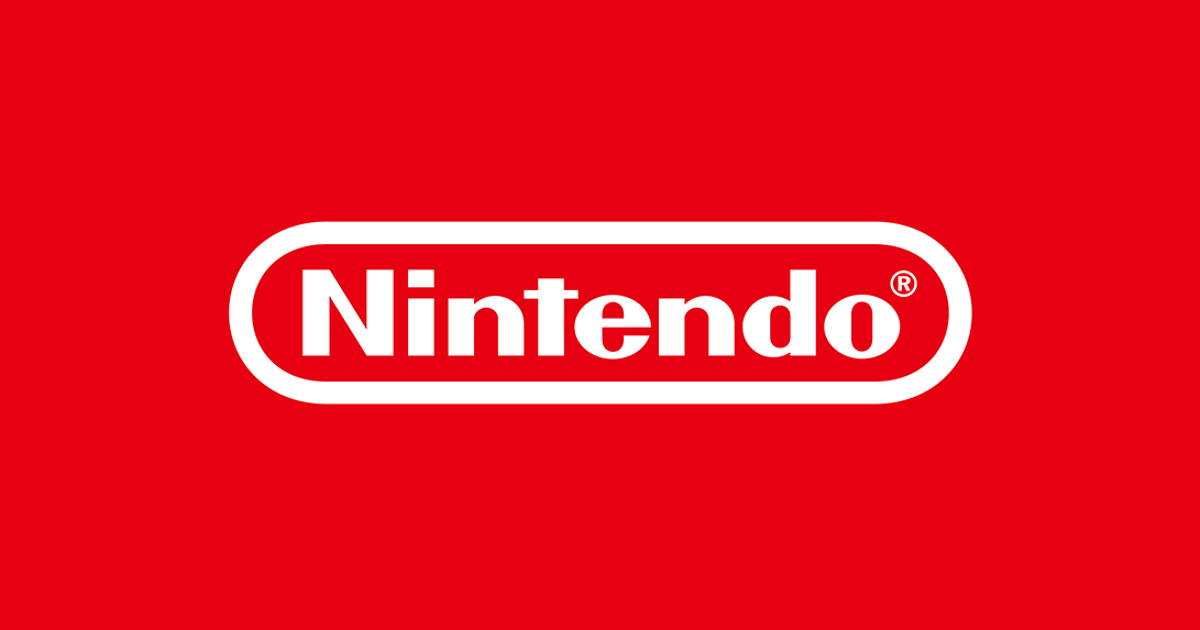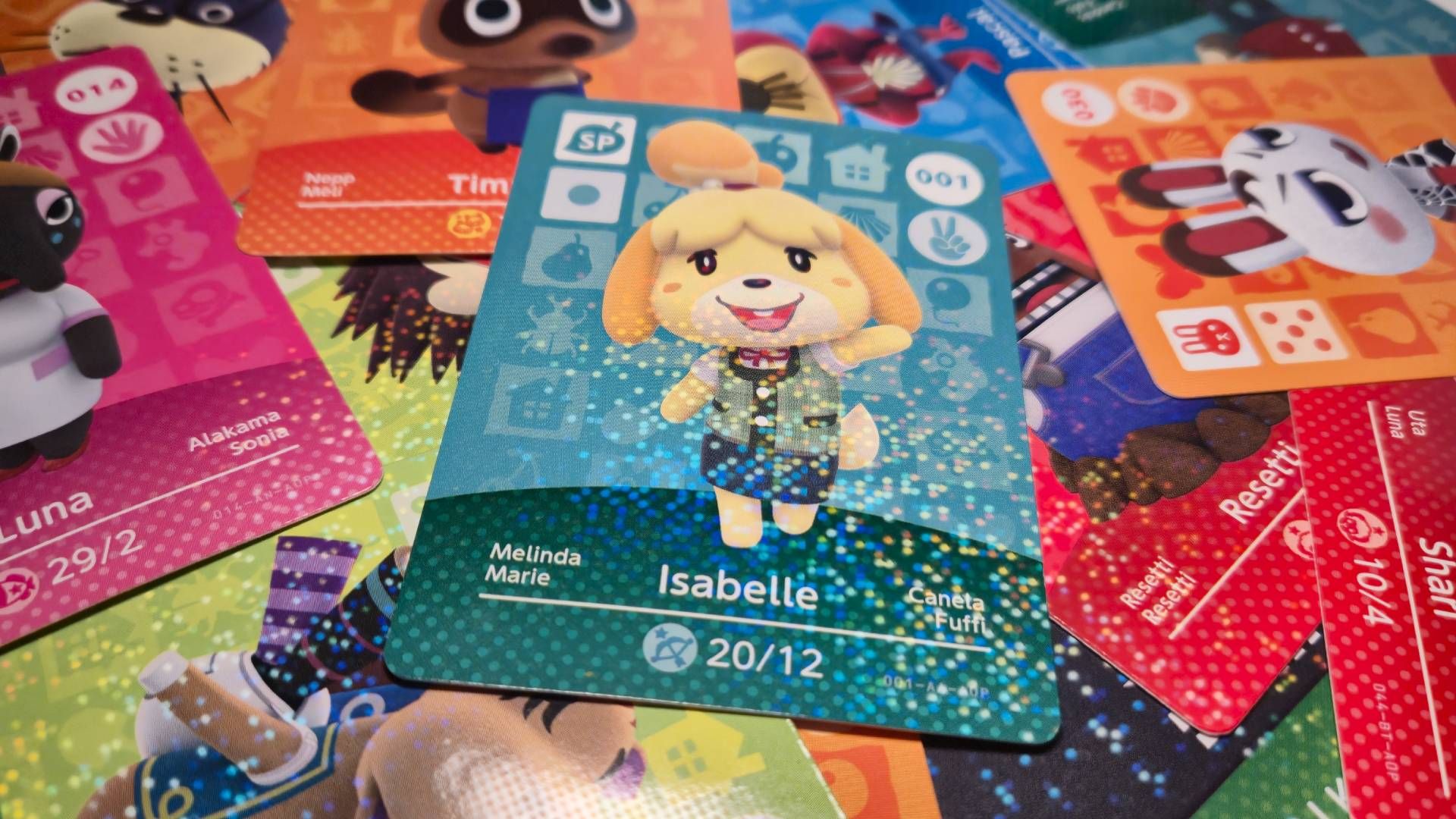Nintendo's beloved Game Director, Masahiro Sakurai, recently delivered a stern warning to the industry, urging developers and publishers of Triple-A games to reconsider their current trajectory. According to Sakurai, soaring development costs have pushed the gaming industry's blockbuster projects to an unsustainable brink, suggesting that generative AI is now essential to sustaining the future of big-budget games.
Over the past decade, gaming has firmly established itself as an entertainment medium rivaling Hollywood films—with massive budgets to match. It's no longer uncommon to see big-budget Triple-A titles with budgets exceeding 100 million US dollars. As livestreamed events, trailers, and cinematic storytelling increasingly become the norm, players' expectations continue to spiral upwards. Yet what might seem an exciting and expansive era for gamers has led to some serious issue behind the scenes: spiraling development costs and rising financial risks.
In a revealing interview, Sakurai highlighted precisely why this dynamic presents such a danger. As he sees it, the standard model of Triple-A production as currently practiced is simply no longer sustainable. Game companies, cautious of costly failures, have become risk-averse, potentially stifling creativity and innovation in favor of repeated formulas and known successes.
"We've reached a point where the creation of large-scale games under current processes has become too time-consuming and economically unsustainable," Sakurai explained passionately. He emphasized that game developers could soon face an existential threat if this problem isn't addressed urgently.
But Sakurai didn't merely articulate a grim situation; he also suggested a potential solution—one that's been discussed frequently in tech circles, yet remains controversial: the adoption and integration of generative artificial intelligence.
Generative AI technology has the potential to dramatically streamline game development by automating repetitive or labor-intensive tasks. From procedural generation of expansive open-world landscapes to quickly creating realistic NPC dialogue systems, AI offers studios unprecedented efficiencies. Sakurai argues that these tools could provide developers with crucial breathing room: reducing overhead, cutting down costly production timelines, and ultimately allowing creative talent to focus more fully on crafting original, captivating content.
Further emphasizing this point, Sakurai outlined a stark yet plausible future scenario. In such an environment, he claims, only those studios agile enough to incorporate AI efficiently will manage to survive. This isn't necessarily an outcome all developers want, yet it presents a sobering prediction of the industry's direction without meaningful change.
"I sense we can't simply continue operating as we always have," Sakurai shared openly, reflecting on his vision for the industry's development. "At the moment, implementing generative AI is the only viable solution I can see that addresses the core issue. We're entering an era where adaptability to technological change will determine which companies thrive and which falter."
Fans may fear any threat of reduced human creativity or passion driving their favorite games; however, Sakurai's perspective focuses not on replacing game creators but rather on empowering them. AI offers game development teams the potential to bolster their creative capabilities rather than diminish their roles. Embracing generative AI might ultimately be the key in finding a healthier, more sustainable balance between innovation, risk, and financial feasibility.
Currently, Sakurai himself remains active, juggling multiple innovative projects at Nintendo. Among his current creative ventures is a secretive title that entered production in 2022, fueling intense fan speculation about what adventurous experiences he's crafting next. Additionally, eager gamers are anticipating his announced return to franchise stablemates with a new "Kirby Air Riders," set to launch on Nintendo's future console platform—the Switch 2—in 2025.
As more industry veterans voice concerns over sustainability in game development, it's clear that Masahiro Sakurai's warning isn't isolated chatter. If studios hope to navigate safely through the looming financial pressures of modern game production, listening to seasoned voices like Sakurai and proactively exploring the potential of generative AI might prove crucial in preserving the varied, creative future gamers desperately want and developers urgently need.

